Traditional Herbs That Boost Fertility: Myth or Reality

When trying to conceive, many people explore natural or alternative approaches alongside medical treatments. One of the oldest and most widely discussed methods is
When trying to conceive, many people explore natural or alternative approaches alongside medical treatments. One of the oldest and most widely discussed methods is the use of traditional herbs believed to support reproductive health. But do these herbal remedies truly help, or are they just hopeful myths passed down through generations? Let’s take a closer look.
The Appeal of Herbal Fertility Remedies
Herbal medicine has been used for thousands of years across cultures—from Traditional Chinese Medicine (TCM) to Ayurveda to Indigenous healing systems. Today, these practices still resonate with individuals seeking holistic fertility support. Herbs are often seen as a gentler, more "natural" option compared to pharmaceutical treatments.
But “natural” doesn’t always mean effective—or safe. Understanding the evidence behind these herbs is crucial.
Popular Fertility Herbs: What Science Says
1. Vitex (Chaste Tree Berry)
Claim: Regulates menstrual cycles and supports hormone balance.
Reality: Some research suggests Vitex may help with luteal phase defects and mild hormonal imbalances by supporting the pituitary gland. However, results are mixed and not all users experience benefits. It may not be suitable for those undergoing IVF or using hormone treatments.
2. Maca Root
Claim: Boosts libido and energy, and improves sperm quality.
Reality: Maca is rich in amino acids and is considered an adaptogen. Small studies show improvements in sperm motility and libido, but its direct impact on fertility outcomes remains unclear.
3. Tribulus Terrestris
Claim: Enhances ovulation in women and improves sperm count in men.
Reality: Limited studies in animals and a few small human trials have shown promising effects on ovulation and testosterone levels, but larger, controlled studies are needed.
4. Ashwagandha
Claim: Reduces stress-related infertility and supports hormone production.
Reality: As a powerful adaptogen, Ashwagandha can reduce cortisol and support endocrine function. While not a fertility herb per se, its stress-reducing effects may indirectly support conception.
5. Dong Quai
Claim: Improves blood flow to the pelvis and balances hormones.
Reality: Widely used in TCM, Dong Quai is often included in herbal fertility blends. However, it can act as a blood thinner and should be avoided in some fertility treatments or during pregnancy.
6. Red Clover & Red Raspberry Leaf
Claim: Nourish the uterus and prepare the body for pregnancy.
Reality: These herbs are rich in phytonutrients and are thought to tone the uterine muscles. While generally safe, their direct impact on fertility outcomes lacks robust evidence.
The Bottom Line: Complement, Don’t Replace
Herbs can be a part of a comprehensive fertility strategy—but they are not a cure-all. The effectiveness of herbal treatments varies based on individual health factors, quality of the herb, dosage, and timing. Always consult a reproductive endocrinologist or integrative fertility specialist before starting any herbal supplement—especially if you’re undergoing fertility treatments like IVF or IUI.
The Appeal of Herbal Fertility Remedies
Herbal medicine has been used for thousands of years across cultures—from Traditional Chinese Medicine (TCM) to Ayurveda to Indigenous healing systems. Today, these practices still resonate with individuals seeking holistic fertility support. Herbs are often seen as a gentler, more "natural" option compared to pharmaceutical treatments.
But “natural” doesn’t always mean effective—or safe. Understanding the evidence behind these herbs is crucial.
Popular Fertility Herbs: What Science Says
1. Vitex (Chaste Tree Berry)
Claim: Regulates menstrual cycles and supports hormone balance.
Reality: Some research suggests Vitex may help with luteal phase defects and mild hormonal imbalances by supporting the pituitary gland. However, results are mixed and not all users experience benefits. It may not be suitable for those undergoing IVF or using hormone treatments.
2. Maca Root
Claim: Boosts libido and energy, and improves sperm quality.
Reality: Maca is rich in amino acids and is considered an adaptogen. Small studies show improvements in sperm motility and libido, but its direct impact on fertility outcomes remains unclear.
3. Tribulus Terrestris
Claim: Enhances ovulation in women and improves sperm count in men.
Reality: Limited studies in animals and a few small human trials have shown promising effects on ovulation and testosterone levels, but larger, controlled studies are needed.
4. Ashwagandha
Claim: Reduces stress-related infertility and supports hormone production.
Reality: As a powerful adaptogen, Ashwagandha can reduce cortisol and support endocrine function. While not a fertility herb per se, its stress-reducing effects may indirectly support conception.
5. Dong Quai
Claim: Improves blood flow to the pelvis and balances hormones.
Reality: Widely used in TCM, Dong Quai is often included in herbal fertility blends. However, it can act as a blood thinner and should be avoided in some fertility treatments or during pregnancy.
6. Red Clover & Red Raspberry Leaf
Claim: Nourish the uterus and prepare the body for pregnancy.
Reality: These herbs are rich in phytonutrients and are thought to tone the uterine muscles. While generally safe, their direct impact on fertility outcomes lacks robust evidence.
The Bottom Line: Complement, Don’t Replace
Herbs can be a part of a comprehensive fertility strategy—but they are not a cure-all. The effectiveness of herbal treatments varies based on individual health factors, quality of the herb, dosage, and timing. Always consult a reproductive endocrinologist or integrative fertility specialist before starting any herbal supplement—especially if you’re undergoing fertility treatments like IVF or IUI.









